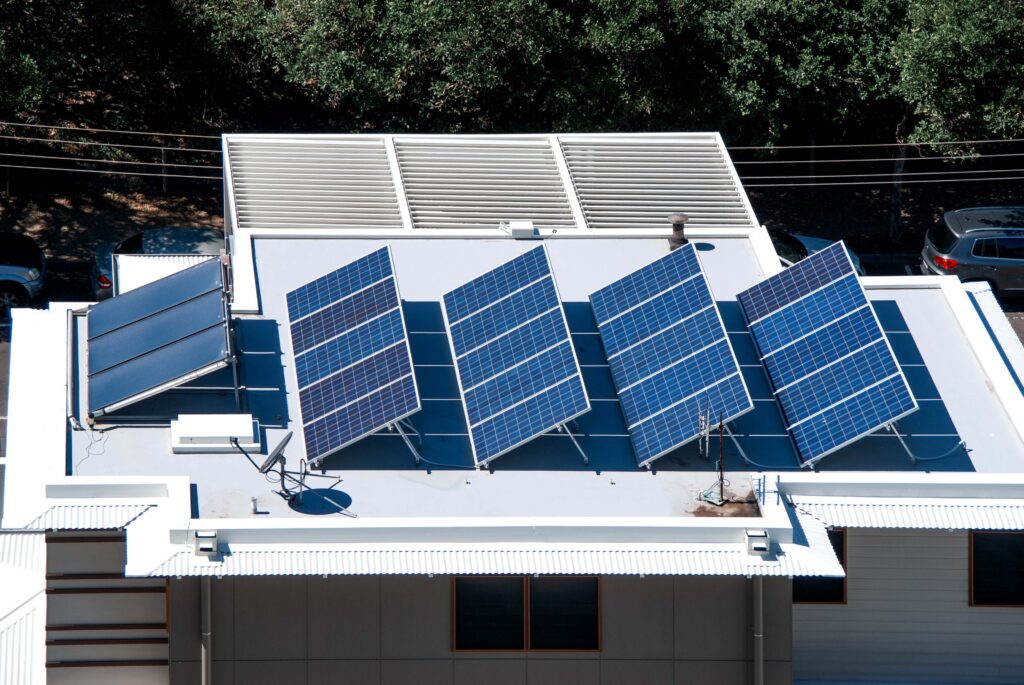
Large scale solar
Important advice before you invest
There’s growing expectation on businesses – from both customers and government legislation – to consider cleaner energy options, such as solar panels or electric vehicles.
These alternative energies – also known as distributed generation – refers to a variety of technologies that generate electricity at or near where it will be used, like solar, wind, hydro, gas or biomass energy.
These technologies can be complex however, and we recommend you look at the cost versus benefits over the life of the electricity system to ensure it’s worth doing.
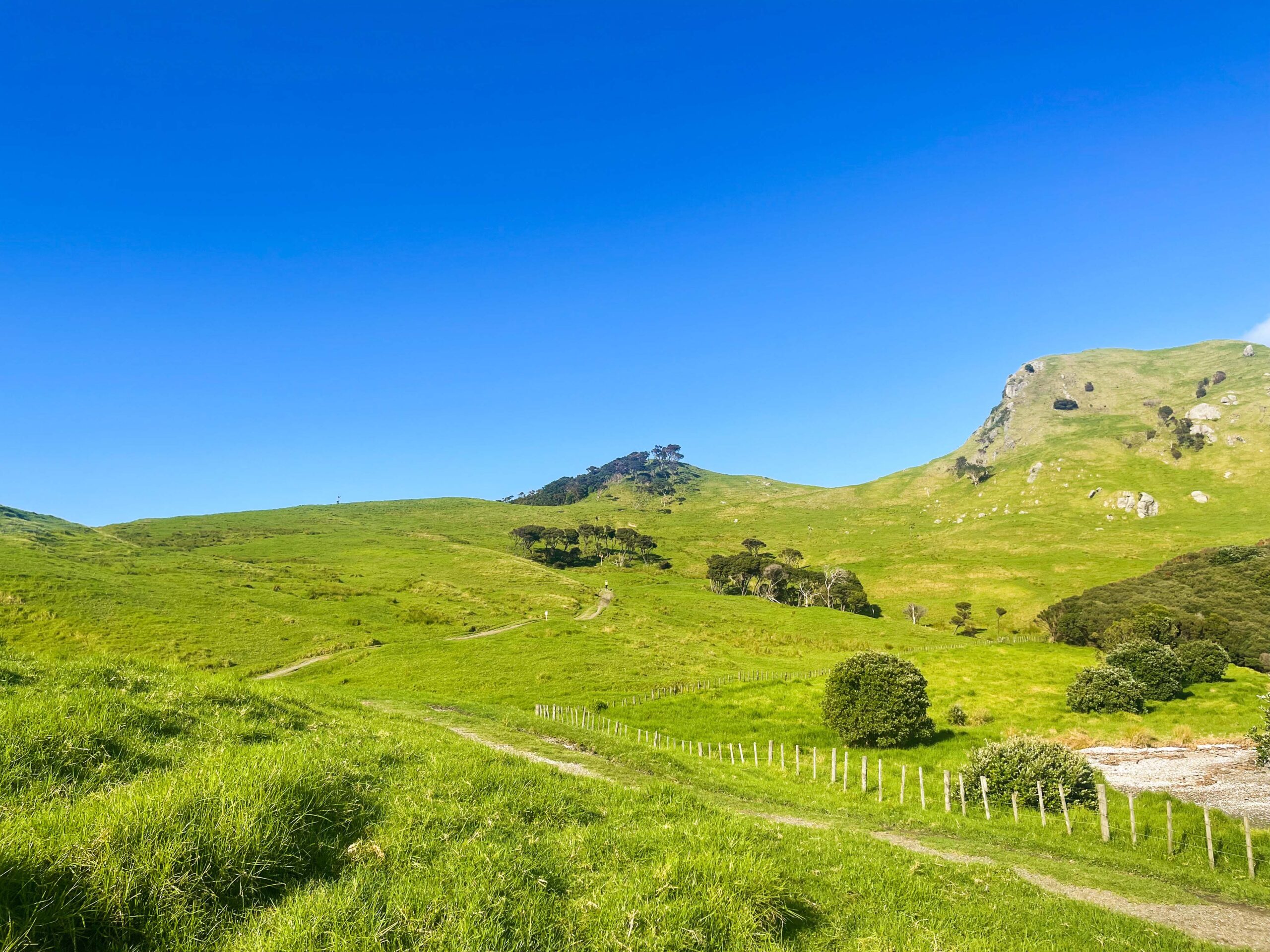
These alternative energies – also known as distributed generation – refers to a variety of technologies that generate electricity at or near where it will be used, like solar, wind, hydro, gas or biomass energy. Some commercial land or premises is well suited to alternative energy generation, and for other businesses it is an important step towards offsetting carbon emissions.
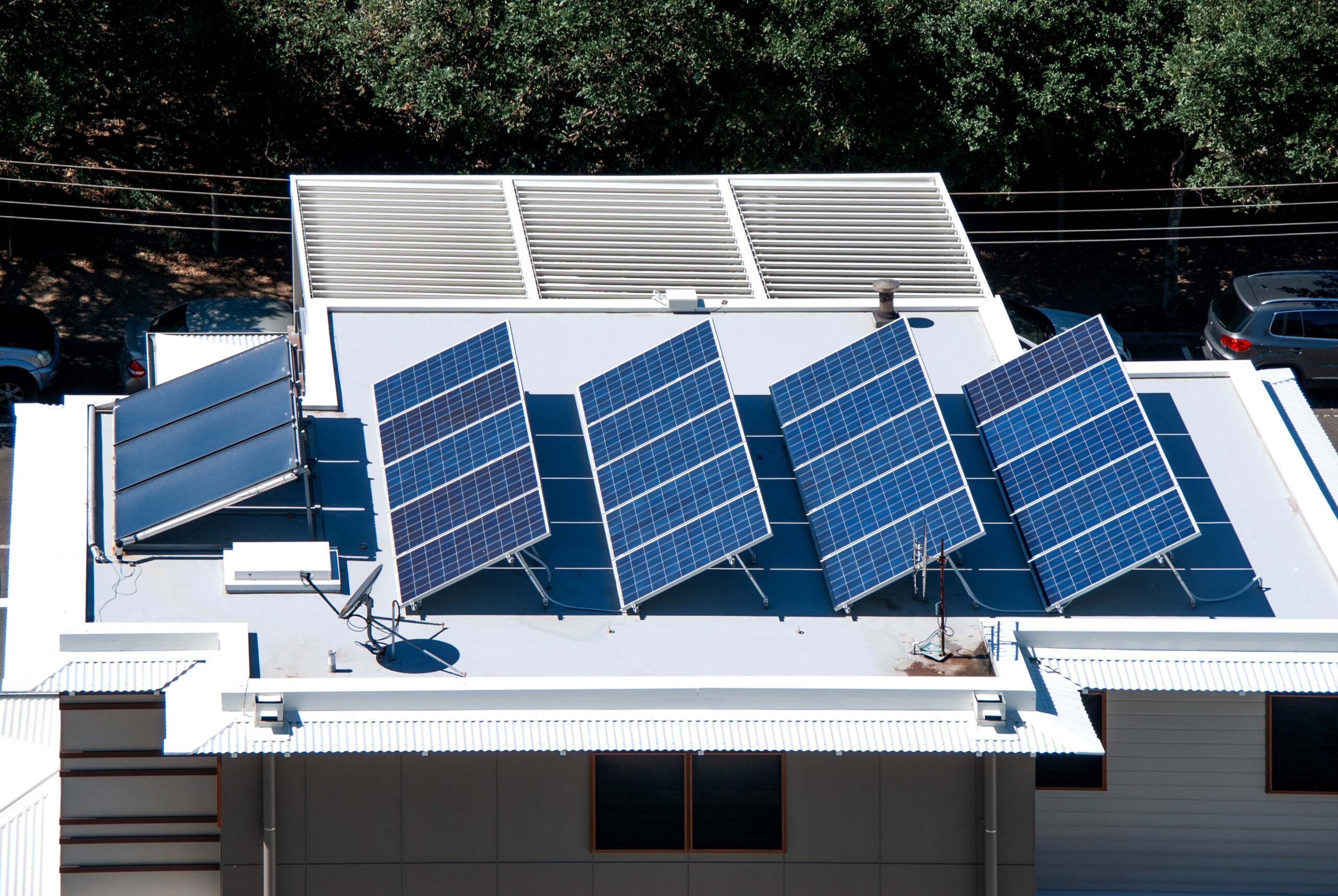
Generating your own electricity can contribute towards better sustainability outcomes for your business and can lead to income by using batteries to store energy and then sell it back to an energy retailer through the grid.
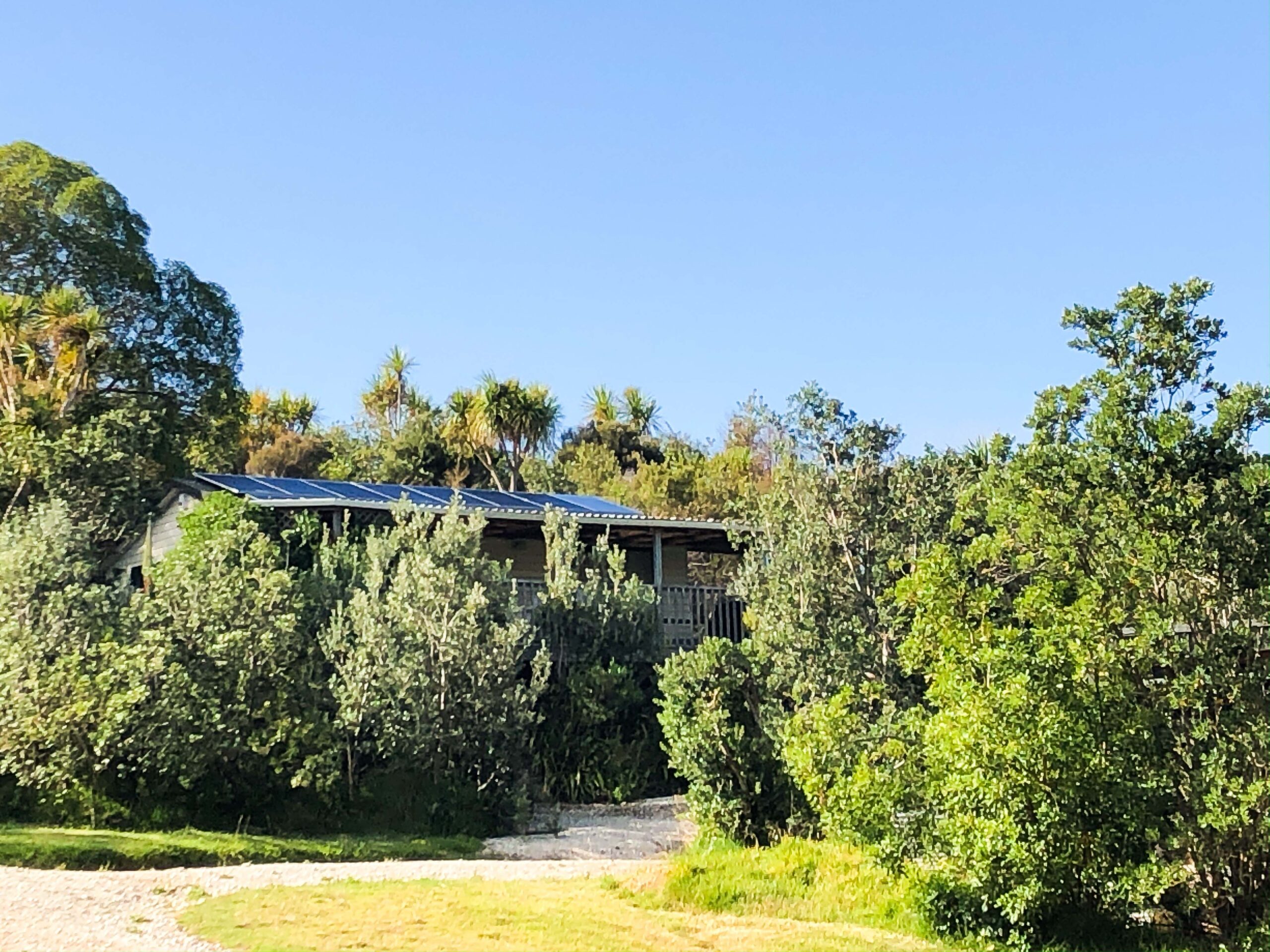
For some businesses, going off-grid is a good option, especially if the cost to connect to the local network is excessive, or if using distributed generation (renewable energy) aligns with your wider business goals and ethos.
Most businesses who choose to set up off-grid systems install a solar powered system with batteries for storing unused energy. The battery should have significant excess generation capacity in case there are long periods without enough sunlight (i.e. long periods of cloudy weather). You may also need generators for back-up.

Important advice before you invest
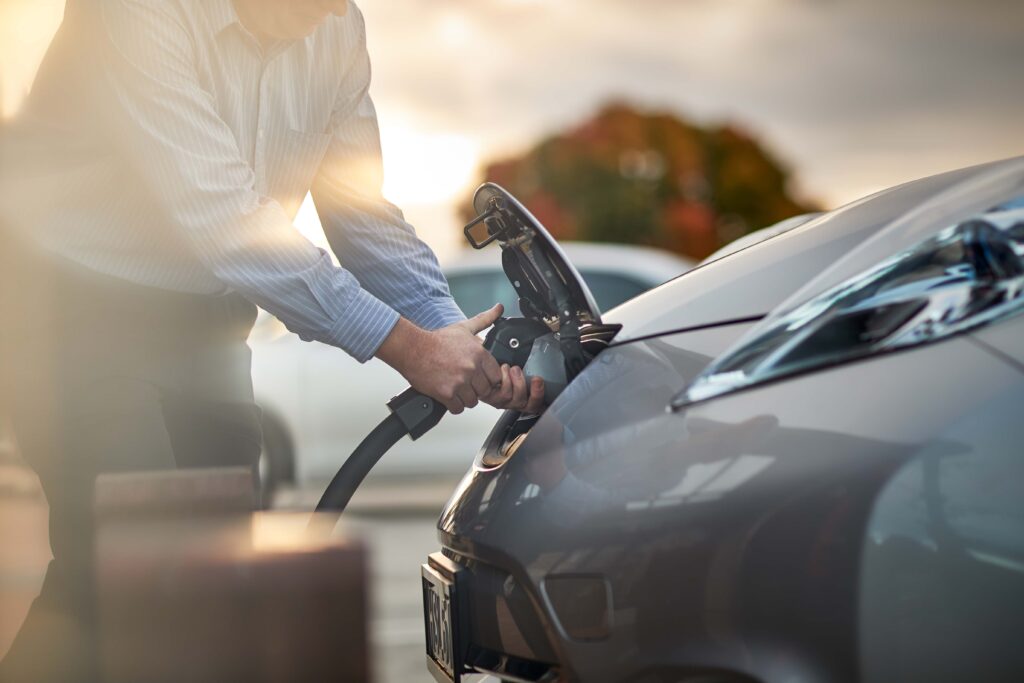
Understanding the benefits
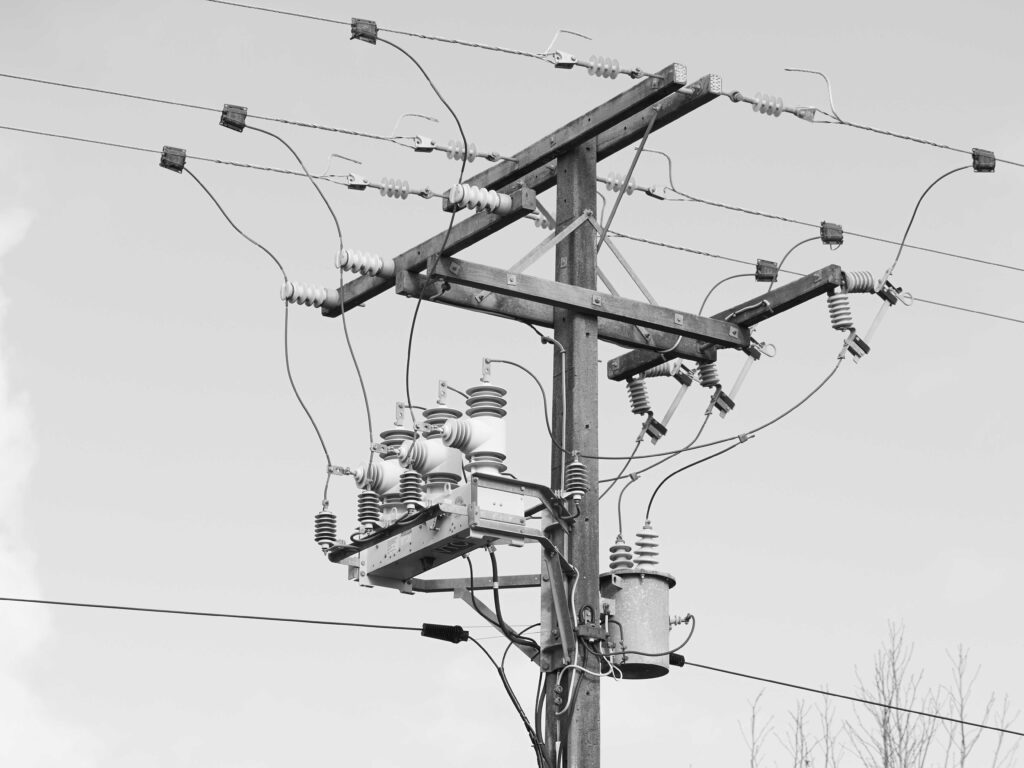
What's required to get started